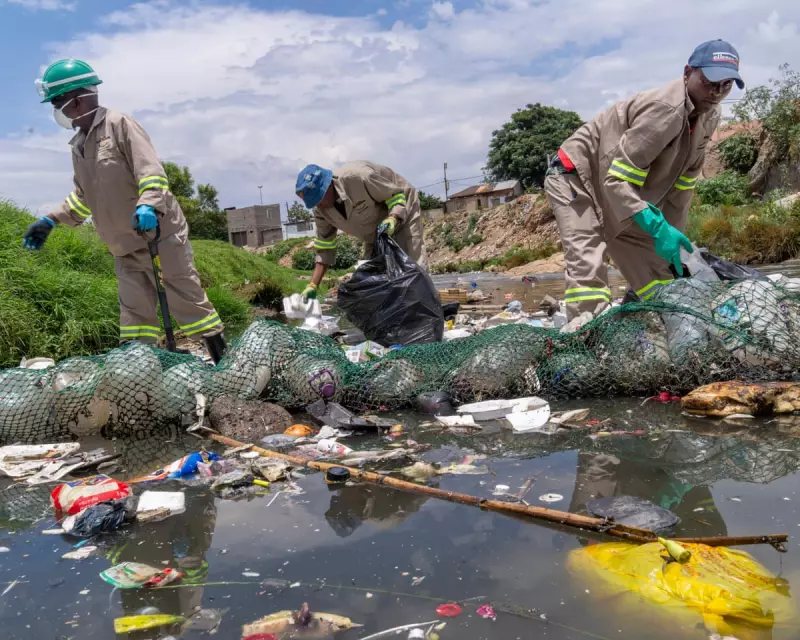
The planet is facing an unprecedented plastic pollution crisis, with millions of tonnes of waste choking our oceans, harming wildlife, and contaminating the food chain. Despite growing awareness, the problem continues to escalate at an alarming rate.
The Scale of the Problem
Every minute, the equivalent of a rubbish truck full of plastic enters our oceans. By 2050, experts predict there could be more plastic than fish in the sea by weight. Microplastics have been found in the most remote locations on Earth, from Arctic ice to the deepest ocean trenches.
Why Current Efforts Aren't Enough
While some nations have implemented plastic bag bans or recycling initiatives, these piecemeal approaches are insufficient. The plastic industry continues to produce vast quantities of single-use items, many of which aren't recyclable. Without binding international agreements, progress remains frustratingly slow.
The Human Cost
Plastic pollution isn't just an environmental issue - it's a public health emergency. Microplastics have been detected in human blood, placentas, and breast milk. The long-term health effects remain unknown, but early research suggests potential links to cancer and fertility problems.
A Call for Global Leadership
What's needed is a comprehensive, legally binding UN treaty that:
- Sets strict production limits for virgin plastics
- Standardizes recycling systems worldwide
- Holds corporations accountable for the full lifecycle of their products
- Funds innovation in biodegradable alternatives
The upcoming UN Environment Assembly represents a critical opportunity for nations to commit to meaningful action. Anything less than ambitious, coordinated global action will condemn future generations to inherit a planet poisoned by plastic.





